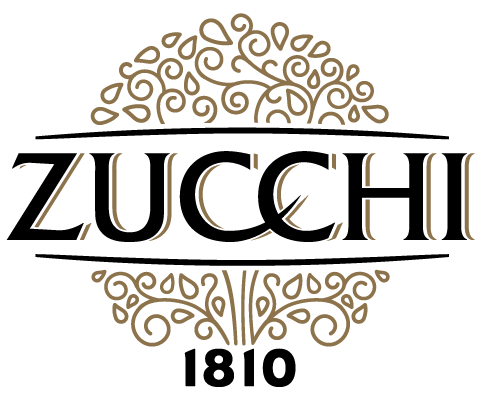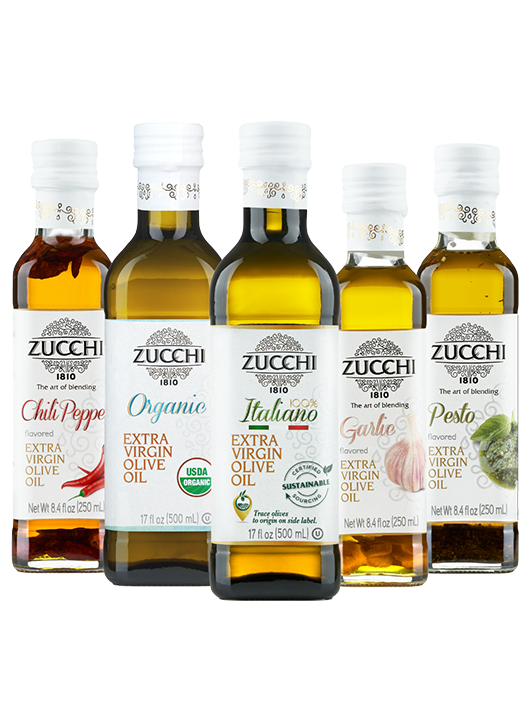Extra virgin olive oil: the properties of uniqueness
Extra virgin olive oil is a fundamental part of the Mediterranean diet – its culinary and nutritional properties are the seal of its nutritional value. Let us examine together what makes extra virgin olive oil so unique.
May 5, 2021


